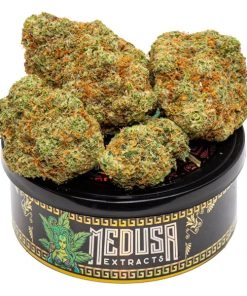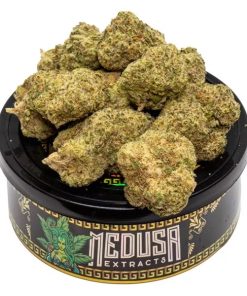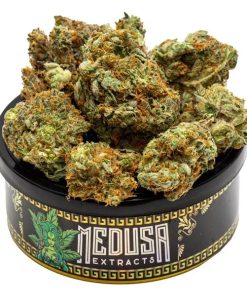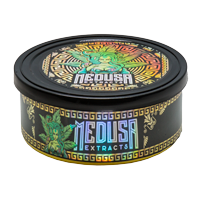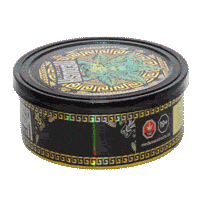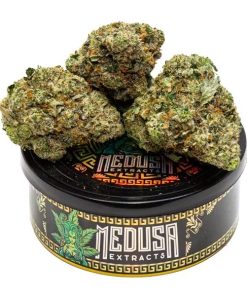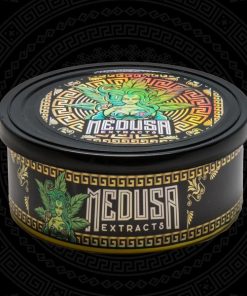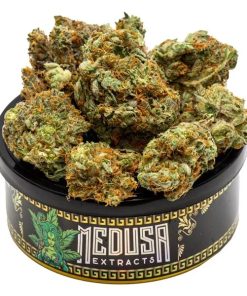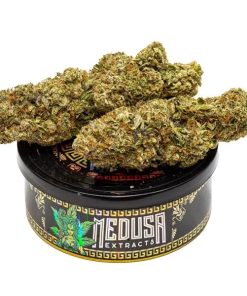Hybrid Tuna Cans
Sativa Tuna Cans
Indica Tuna Cans
Cannabis
Sativa Tuna Cans
Indica Tuna Cans
Hybrid Tuna Cans
Sativa Tuna Cans
Hybrid Tuna Cans
Sativa Tuna Cans
Hybrid Tuna Cans
Hybrid Tuna Cans
Sativa Tuna Cans
Sativa Tuna Cans
Hybrid Tuna Cans
Hybrid Tuna Cans
Tuna Cans
Tuna cans are one of the most convenient and popular food products available worldwide. They provide a quick, affordable, and nutritious source of protein that can be stored for long periods without refrigeration. Whether you enjoy them in a simple sandwich, mixed into salads, or as part of a gourmet recipe, canned tuna has become a staple in kitchens around the globe. Easy to store, transport, and prepare, tuna cans combine practicality with health benefits, making them a go-to option for many households.
What Are Tuna Cans?
Tuna cans are sealed containers of cooked tuna fish that have been preserved for long shelf life. The tuna is typically cooked, packed in either water, brine, or oil, and then sealed in a can to maintain freshness. The canning process allows tuna to be stored safely at room temperature for months or even years, making it a highly reliable food option. These cans come in different sizes and varieties, catering to diverse tastes and dietary needs.
History of Canned Tuna
The canning of tuna began in the early 20th century as a way to preserve fish for longer periods and transport it over long distances. Before this, tuna was often consumed fresh or salted. The introduction of canned tuna quickly gained popularity due to its convenience and affordability. Over time, it became one of the most consumed seafood products in the world, particularly in North America and Europe. Today, tuna cans are produced on a massive scale and are available in almost every supermarket globally.
Why Choose Tuna Cans?
There are many reasons why tuna cans are a preferred choice for millions of people. They are:
– Convenient: Ready to eat straight from the can or easy to mix into recipes.
– Nutritious: A rich source of protein, omega-3 fatty acids, vitamins, and minerals.
– Affordable: Compared to fresh fish, tuna cans are budget-friendly.
– Long Shelf Life: Can be stored in the pantry for months or years.
– Versatile: Can be used in salads, sandwiches, casseroles, pasta dishes, and more.
Types of Tuna Cans
Tuna cans are available in different forms to suit preferences and recipes:
– Chunk Light Tuna: Made from smaller tuna varieties like skipjack; softer texture and lighter flavor.
– Solid White Albacore: Firm texture with a mild, clean flavor.
– Flavored Tuna: Pre-seasoned varieties such as lemon pepper, spicy chili, or garlic for ready-to-eat meals.
– Oil-Packed Tuna: Rich flavor, ideal for pasta dishes and gourmet cooking.
– Water-Packed Tuna: Lower in calories and fat, popular for health-conscious eaters.
Nutritional Value of Tuna Cans
Tuna is a nutrient-rich food that supports overall health. A typical serving of canned tuna provides high-quality protein essential for muscle repair and energy. It is also a good source of omega-3 fatty acids, which support heart and brain health. Vitamins like B12, niacin, and vitamin D, along with minerals such as selenium and iron, make tuna a highly beneficial food. Choosing water-packed tuna reduces calories and fat, while oil-packed varieties offer richer flavor and satiety.
Popular Ways to Enjoy Tuna Cans
Tuna cans can be enjoyed in countless ways, depending on your taste and creativity. Common uses include:
– Tuna salad sandwiches mixed with mayonnaise and vegetables.
– Fresh salads with tuna, leafy greens, and dressing.
– Pasta dishes enriched with tuna for added protein.
– Tuna casseroles baked with cheese and vegetables.
– Quick snacks with crackers and tuna spread.
– Healthy meal prep with tuna, rice, and steamed vegetables.
Sustainability and Tuna Cans
As tuna is one of the most consumed fish globally, sustainability is an important concern. Many brands now offer responsibly sourced tuna, labeled as dolphin-safe or sustainably caught. Consumers are encouraged to look for these certifications when purchasing tuna cans to support ocean health and responsible fishing practices. By choosing sustainable tuna, individuals can enjoy the benefits of this product while protecting marine ecosystems.
Health Considerations
While tuna cans are nutritious, moderation is important due to potential mercury content in certain tuna species. Albacore tuna, for example, tends to have higher mercury levels compared to skipjack tuna. Health experts recommend balancing tuna consumption with other protein sources and choosing varieties lower in mercury. For most people, canned tuna can be safely enjoyed as part of a balanced diet, especially when mindful of portion sizes.
Conclusion
Tuna cans remain one of the most practical and reliable food products in the world. They combine convenience, nutrition, affordability, and versatility in one simple package. From quick snacks to hearty meals, tuna cans can fit into any lifestyle, whether you are a busy professional, a student, or a family looking for easy meal solutions. With options ranging from chunk light to gourmet oil-packed varieties, there is a tuna can for every taste and occasion. Choosing sustainably sourced tuna ensures that this beloved food remains available for generations to come, making tuna cans a true pantry essential.

